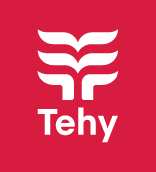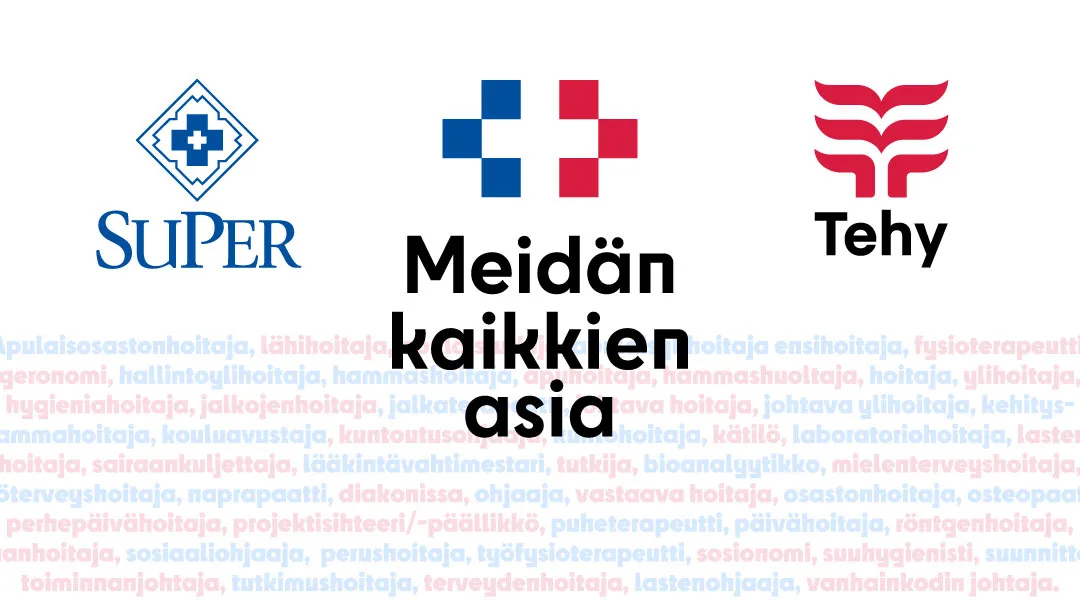According to the settlement proposal, job-specific pay components in the healthcare and social welfare sector will increase by at least 17.3% on average over the course of five years in a front-end-weighted manner, so that during the first three years the increase will be 15.3%. The solution consists of a dedicated three-year pay programme for the health and social services sector agreement, the previously negotiated pay programme for the municipal sector and so-called normal agreement-based raises. Furthermore, the solution includes a separate one-time bonus of EUR 600 to be paid to those who have participated in the care of COVID patients and several improvements to working conditions.
- The collective action of nurses resulted in a pay programme for the healthcare and social welfare sector that is twice as good as that of the rest of the municipal sector, contributing to the fixing of the sector’s pay level and other grievances. In addition to this, progress was made in regard to objectives related to working times and working conditions, and nurses will finally receive compensation for going above and beyond during the COVID pandemic. The solution is also another step towards wage equality. In the shadow of the forced labour law, this result can be considered good, state Tehy Chair Millariikka Rytkönen and SuPer Chair Silja Paavola.
As a result of the solution, the average job-specific pay component of a practical nurse, for example, will increase from the current EUR 2,255 to over EUR 2,600, while the average job-specific pay component of a nurse will increase from EUR 2,625 to over EUR 3,000.
- It is great to finally reach an agreement after such a long and difficult struggle. The solution could be described as a life preserver for the healthcare and social welfare sector crisis, but getting to dry land will require the government and employers to make significant further concessions for the healthcare and social welfare sector during the coming years,the two chairs state.
The solution includes several improvements to workplace wellbeing and recovery, such as Sundays being full days off, the annual leave entitlement being extended to Sundays and the adoption of the so-called quick lunch practice with general working time, which is already used by doctors. Furthermore, the solution includes the establishment of a new, dedicated working group for the healthcare and social welfare sector to develop workplace wellbeing and improve working conditions and management.
The solution also removes the possibility of employers imposing recruitment bans, which have recently hindered the wage development and free employment mobility of individual nurses.
- This round of negotiations was difficult and taxing in many ways. The attitude of employers and decision-makers towards nurses, and the forced labour law, may not be so easy to forget,” Rytkönen and Paavola believe.
With the acceptance of the settlement proposal, Tehy and SuPer are ending all of their industrial actions in the municipal sector effective immediately.
For more information on the solution and the agreement-based raises (in Finnish), please see the appendix to this bulletin.
Enquiries:
Tehy Chair Millariikka Rytkönen, contacts through the special advisor, tel. +358 400 540 005
SuPer Chair Silja Paavola, tel. +358 50 527 5085
Tehy Executive Director Else-Mai Kirvesniemi, tel. +358 50 346 0847
SuPer Advocacy Director Anne Sainila-Vaarno, tel. +358 50 310 1492

